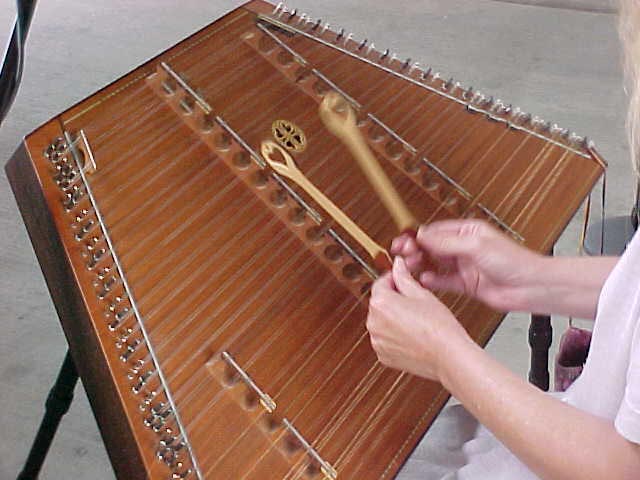This brings me to the meaning of the title: sometimes, an imperfect voice is more beautiful because of its flaws. Wabi-sabi (侘寂) is a comprehensive Japanese world view (aesthetic) based on the acceptance of transience and imperfection. It is sometimes described as one of beauty that is "imperfect, impermanent, and incomplete." Kintsukuroi, or kintsugi, is one aspect of this very unique Japanese art form.
Where to begin?
I found this video of Tina Turner, Elton John, and Cher, and thought I'd hit the jackpot.
Be warned: there is talking up until about 2:40. But, if, like me, you are familiar with Proud Mary, then you know that the talking is a part of the song.
But, I was also somewhat disappointed with this. First of all, Elton John doesn't sing a note. He's just there as a pianist. Now, don't get me wrong, he is an amazing pianist, I just think he was wasted in this.
And Cher doesn't really do much, either. There are other versions of this out there, still with Tina and Cher, minus Elton. But, Cher does even less. And in the later one from 2008 or 9, (this one is from 1998, I think) Tina's voice is all but gone. Of course there are those who would argue that it was never here to begin with.
So, here is Proud Mary as done by Ike and Tina Turner. This is my favorite version of this song. I love Ike's deep bass voice. I know that he was a drug addict and a wife beater, but he still had a lovely voice. Be warned: at the end of the song, at about the 5:55 mark, there is a strobe effect. I have been told this can be a problem if you have epilepsy.
So, what do I like here? Her voice is rough and very nasal. Sometimes she's more screaming than singing. And yet, I still like her. On the plus side, notice how far she opens her mouth to get the sound out. "Open your mouth," is something that I find myself saying a lot to students. Tina holds nothing back, she is singing, dancing, performing full out. She is not playing it safe, worrying about the way things might have been. And, by doing that, she is exciting. She is dancing and singing. Right there. No lip-syncing. Nothing pre-recorded. There is always the chance for failure. In fact, I think that at about 4:40, when she's playing the crowd, she's running out of breath, and her timing goes just a little bit off. But this does not detract from her performance. It makes it more real. And, remember, that part of the excitement of live performances is the possibility of failure. That is a part of the air of excitement.
And, when I was a little kid, I thought that Tina was the most exciting dancer I'd ever seen. And even in her 50's and 60's, this woman could still move. To this day I am envious of her upper arms. And her energy. While she had slowed down quite a bit by the time she got to the first video here, she could still move more than I can.
I said that I was disappointed because the first video didn't have Cher doing much. So, here is one of Cher's most famous videos.
Like Tina, her voice is too nasal. Her voice is smoother, more mellow. Also, unlike Tina, Cher rarely goes full out. She teases her audience, giving them hints of where she could go, without ever really going there. You can see in the video how masterfully she plays the crowd. Check it again to see if I would yell at her to open her mouth. As an aside, I think that the young man playing guitar at about 2:38 is her son by Greg Allman. I think his name is Blue. He looks kind of embarrassed. Imagine being on stage with your mother while she pranced around like that, in little more than fishnets. You'd be a bit embarrassed, too. (Please, try not to think about your mother prancing around onstage, in little more than ripped fishnets. You need to get to sleep tonight.)
And speaking of fishnets, if you think about it, Cher's outfits hint at exhibition without every really showing us anything. More teasing.
The thing that these two have in common is the ability to convey a song in a way that makes it interesting. Some of that has to do with the instrumentation behind them. But most of it has to do with the women. Whether giving us everything that they have, or teasingly holding something back, they each manage to convince us that we know them. And not just that we know them, but we know them better, more intimately, than anyone else. It's that ability to connect with each person that makes them great performers, if not great singers. Their art is flawed which makes it more beautiful. Wabi-sabi.
And they do both open their mouths!




,%20Davis%20&%20Elkins%20College-large.jpg)



